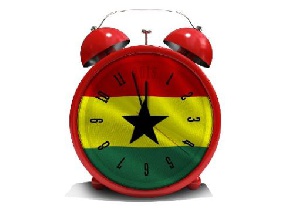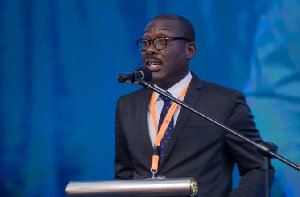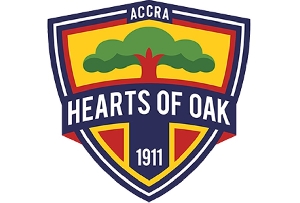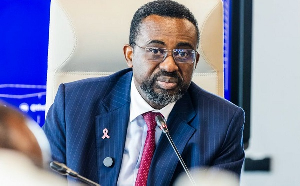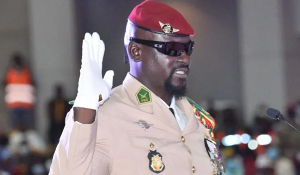Ghanaians are known for their rich culture, hospitality, and a strong sense of community. However, one habit that continues to tarnish our reputation and impede national progress is our collective disregard for punctuality, popularly referred to as 'Ghanaman Time.'
This entrenched cultural norm, characterised by a habitual delay in starting programs and events, is a major impediment to our quest for efficiency, productivity, and global competitiveness.
Common knowledge
It is common knowledge that an event scheduled for 7:00 a.m. often begins hours later—sometimes as late as 10:00 a.m. or even noon. This delay is so predictable that many attendees have come to anticipate and plan for it, perpetuating a vicious cycle of tardiness. Yet, as a nation striving to position itself on the global stage, this lackadaisical approach to time must change.
Punctuality is more than a personal virtue; it is a cornerstone of national development. A nation's progress is directly tied to how efficiently its people manage time. Wasting hours on delayed events disrupts individual schedules and leads to lost productivity across various sectors.
For instance, businesses may suffer losses when employees arrive late for work, miss deadlines, or fail to attend critical meetings on time. On a larger scale, Ghana's reputation as an investment destination is at stake.
Unprofessionalism
Foreign investors and business partners from punctual cultures view tardiness as unprofessional and a sign of inefficiency. This perception undermines their confidence in our ability to execute agreements and projects on time, potentially costing us valuable opportunities for economic growth.
The persistence of 'Ghanaman Time' can be attributed to several factors, including a lack of accountability, cultural leniency towards tardiness, and the absence of stringent consequences for lateness. In many cases, organisers and participants alike operate under the assumption that "everyone will be late," creating a self-fulfilling prophecy.
Additionally, some people excuse lateness by citing infrastructural challenges, such as poor roads and unreliable public transportation. While these issues are valid, they are not insurmountable and should not be used as a crutch to justify habitual tardiness.
Vision
If Ghana is to achieve its vision of becoming a beacon of progress and excellence in Africa, we must relegate the notion of 'Ghanaman Time' to history. The change begins with individuals and extends to institutions and national leadership.
Every Ghanaian must cultivate a mindset that values time. Individuals should plan ahead, anticipate potential delays, and prioritise punctuality in all aspects of life. Leaders, whether in politics, business, or community settings, must set the tone by being punctual themselves.
When leaders model punctuality, they inspire others to follow suit. National campaigns emphasising the importance of time management should be launched. Schools, churches, and community groups can play a role in promoting the message that "time is money" and lateness is unacceptable. Institutions must establish and enforce policies that penalise tardiness. For example, events could begin at the stated time regardless of attendance, signalling that punctuality is non-negotiable.
The use of digital tools like alarms, reminders, and calendar apps can help individuals and organisations stay on schedule. Businesses can also adopt time-tracking software to monitor productivity and punctuality. When punctuality becomes the norm rather than the exception, the benefits will be transformative.
Meetings and events will become more efficient, productivity will rise, and Ghana's reputation for reliability and professionalism will improve. In turn, this will attract more investors, foster economic growth, and enhance our quality of life. The era of 'Ghanaman Time' must come to an end.
Punctuality is not just a habit; it is a discipline that reflects our commitment to excellence and progress. As Ghanaians, we have the power to change the narrative and create a culture where time is respected and valued. Let us seize this opportunity to redefine our identity and take our rightful place as a nation that values and maximises every moment.
Opinions of Friday, 29 November 2024
Columnist: Amanda Atunah

